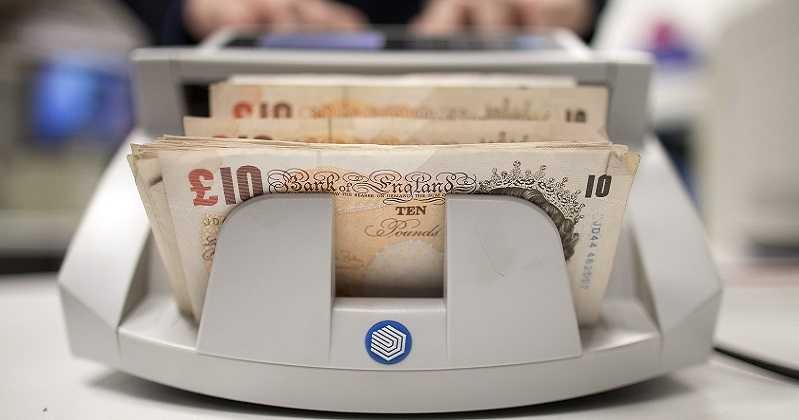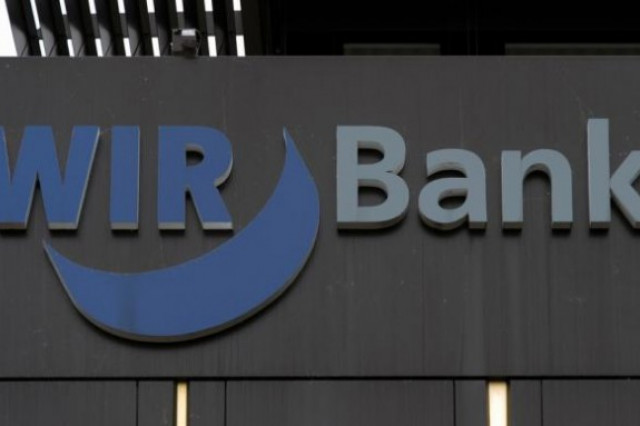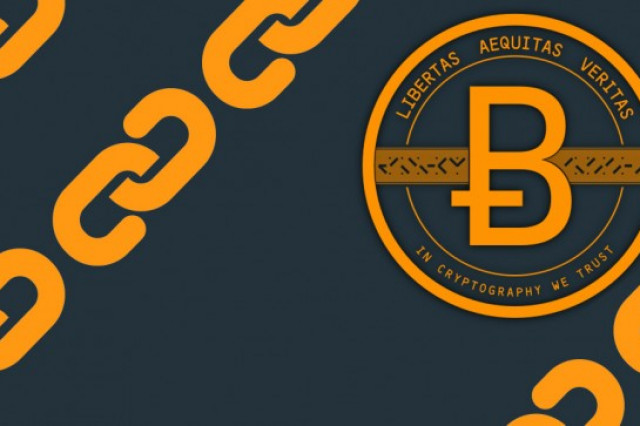
The Bank of England admits it: money is just an acknowledgment of debt and banks are lining their pockets
Redacción
This article explains how most of the money in the modern economy is created by commercial banks by lending.

The development of money in practice differs from some widely held, but false ideas. Banks do not simply act as intermediaries, lending the deposits that the savers place with them, nor do they "multiply" central bank money to create new loans and deposits.
The amount of money created by the economy depends ultimately on the monetary policy of the Central Bank. In normal times, this is done by fixing interest rates. The Central Bank can also affect the amount of money directly through the purchase of assets or "quantitative easing".
We are not facing anything new. Numerous independent thinkers such as the late Margrit Kennedy, Bernard Lietaer, Ellen Brown and Thomas Greco have been denouncing this for decades. In general, anyone involved in the field of social or complementary currencies has got it quite clear. In addition, recently other rather "alternative" voices have also been conspicuous, such as IMF economists Michael Kumhof and Jaromir Benes in their Chicago Plan, revised in 2012 and 2013.
That interest in current economic theory is based on the temporary preference of current money rather than future money, a justification totally linked to the supposed shortage of money, for the quality of its merchandise
The novelty is that it is the Bank of England that is admitting it. The writer of the commentary in The Guardian, the anthropologist David Graeber, author of the most interesting book "Debt, the first 5,000 years", wonders, and answers:
Why is the Bank of England suddenly admitting all this? Well, one possible reason is that it is obviously true. The Bank's job is to manage the system, and in recent times, the system has not been working particularly well. We may decide that maintaining the fanciful version of official economic theory, which has proven to be quite convenient for the rich, is simply a luxury that we can no longer afford.
Throwing theoretical basis of austerity out of the window
David Graeber does not go far enough on valuing the consequences of this admission. This not only throws out theoretical basis of austerity policies, but also the foundational pillars of current economic models, such as the neutrality of money, or even its very nature, since the consideration that money is a commodity is Which justifies being traded in markets. We should not forget that interest in current economic theory is based on the temporary preference of current money rather than future money, a justification totally linked to the supposed shortage of money, for the quality of its merchandise. The fact that the true nature of money today is debt recognition means that there is no rationale to the allocation of credit with which money is created being a sufficient mechanism for allocating resources and capital markets.
Quite soon someone in one of these leading institutions will do some simple arithmetic and realise what it means that most of the money in the economy is believed to be a loan with interest
Hopefully, quite soon someone in one of these leading institutions will do some simple arithmetic and realise what it means that most of the money in the economy is believed to be a loan with interest: then it will be recognized officially that this form of money creation, credit with interest, is the true engine that imposes economic growth and causes financial crises when growth does not occur.
(*) Extracts from David Graeber's article, published in the British newspaper The Guardian









